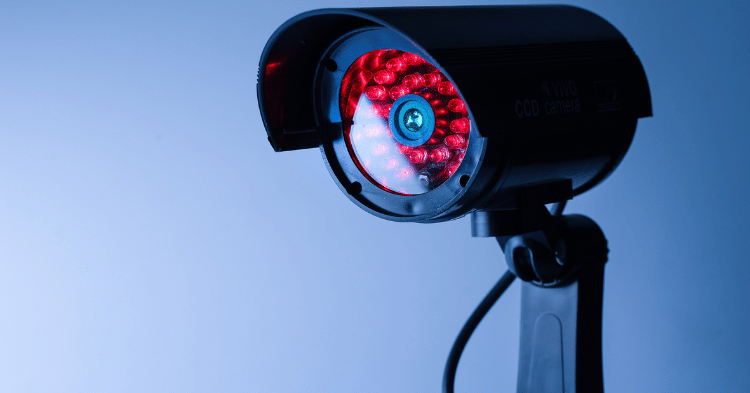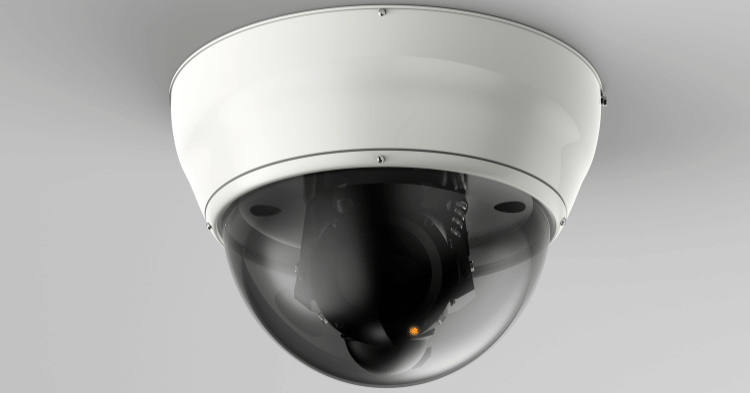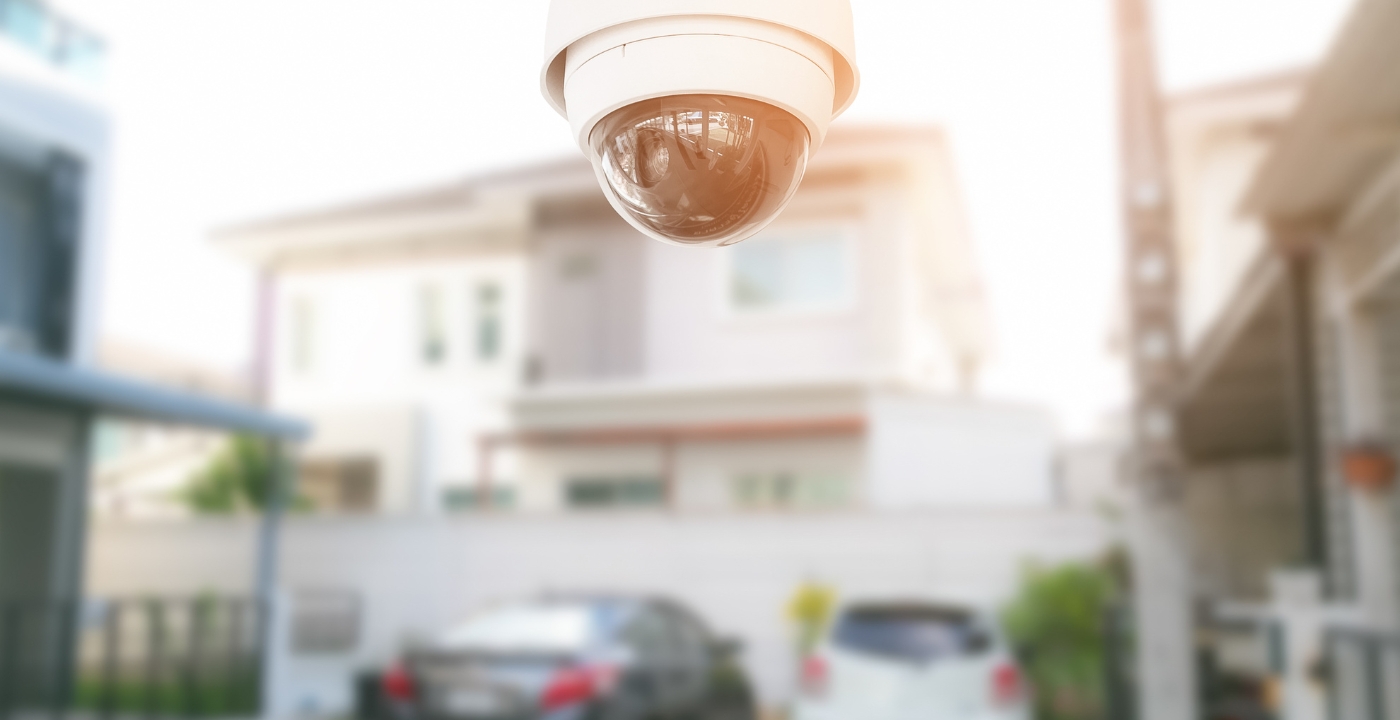A security camera is only as good as its setup. Wired cameras deliver rock-solid reliability, while wireless ones offer easy installation and flexibility.
But which one is right for you? The answer depends on your space, internet strength, and how much control you want over your system.
We’ll break it all down so you can choose the best option with confidence.
Key Notes
- Wired cameras offer stable connections, higher video quality, and continuous power but need professional installation.
- Wireless cameras provide flexibility, easy setup, and remote access but rely on Wi-Fi and batteries.
- Installation environment affects your choice—large properties benefit from wired, while small spaces suit wireless.
Wired vs Wireless Security Cameras: Key Differences
| Feature | Wired Cameras | Wireless Cameras |
|---|---|---|
| Connection | Direct cable connection | Wi-Fi or dedicated wireless signal |
| Installation | More complex, may require professional setup | Quick and easy DIY setup |
| Reliability | Stable, no signal interference | Can be affected by Wi-Fi strength |
| Power Supply | Continuous, plugged in | Battery-powered or outlet-based |
| Flexibility | Fixed placement | Easy to relocate/span> |
Wired Security Cameras
Wired security cameras transmit video and audio through physical cables to a recording device, such as a digital video recorder (DVR) or network video recorder (NVR).
These cameras connect to a power source and typically require professional installation due to the cabling involved.
Pros of Wired Security Cameras
- Reliable Connection – Since wired cameras don’t rely on Wi-Fi, they maintain a stable signal without interference. This makes them ideal for businesses or homes with large areas to cover.
- Consistently Powered – Unlike battery-operated cameras, wired systems receive a continuous power supply, eliminating the need for recharging or battery replacements.
- Higher Video Quality – With a direct connection to the recording device, wired cameras can support higher resolutions without compression, delivering clearer footage.
Cons of Wired Security Cameras
- Complicated Installation– Running cables through walls, ceilings, or underground can take time and often requires professional help.
- Limited Flexibility – Once installed, wired cameras are difficult to reposition without rewiring.

Wireless Security Cameras
Wireless security cameras transmit video and audio through Wi-Fi or a dedicated wireless signal. Some models run on batteries, while others need to be plugged into an outlet.
Unlike wired systems, these cameras store footage on cloud-based services, SD cards, or network storage devices.
Pros of Wired Security Cameras
- Easy Installation – With no cables to run, wireless cameras can be installed in minutes. They’re a great option for renters or anyone looking for a DIY setup.
- Flexible Placement – Wireless cameras can be mounted almost anywhere within range of a Wi-Fi network. If they’re battery-powered, they don’t need to be near an outlet.
- Remote Access – Many wireless systems offer app integration, allowing users to monitor their property in real time from anywhere.
Cons of Wired Security Cameras
- Wi-Fi Dependency – A weak internet connection can cause lag, signal drops, or poor video quality.
- Battery Maintenance – Fully wireless cameras need regular battery changes or recharges, which can be inconvenient.
- Potential Cybersecurity Risks – Since data is transmitted over Wi-Fi, wireless cameras must be secured with strong passwords and encryption to prevent hacking.

Key Factors to Consider When Choosing
Selecting the right security camera system depends on several factors. Here’s what to keep in mind before making a decision:
Installation Environment
- Large properties with multiple buildings – A wired system is often the better choice for consistent coverage.
- Small homes, apartments, or rental properties – Wireless cameras provide flexibility without the need for permanent modifications.
- Areas with limited Wi-Fi access – Wired cameras ensure uninterrupted monitoring in locations where internet signals are weak.
Budget Constraints
- Upfront Costs – Wired cameras typically have higher installation costs due to cabling and labor.
- Long-Term Costs – Wireless systems may require cloud storage subscriptions or frequent battery replacements.
Scalability Needs
- If you plan to expand your security system over time, wireless cameras make adding new devices easier.
- Wired systems are often more complex to scale, requiring additional cabling and installation work.
Reliability Requirements
- For 24/7 surveillance without interruptions, wired cameras are the better option.
- For flexible monitoring and easy remote access, wireless cameras are ideal.
Making the Decision: Wired or Wireless?
When to Choose Wired Security Cameras
- You need a system with uninterrupted, high-quality footage.
- You’re securing a large home, business, or warehouse where a stable connection is critical.
- You don’t mind the permanent setup and professional installation.
When to Choose Wireless Security Cameras
- You prefer a simple, quick installation without running cables.
- You want the ability to relocate cameras easily.
- You need remote access and app-based monitoring.
Hybrid Solutions: The Best of Both Worlds
Some users combine wired and wireless cameras for layered security. For example:
- Wired cameras for primary entry points and high-value areas.
- Wireless cameras for secondary coverage and hard-to-reach locations.
Not Sure Which Security Camera System Fits Your Needs?
Frequently Asked Questions
Can I use wired and wireless cameras together in the same security system?
Yes, many modern security systems allow you to mix wired and wireless cameras for better coverage.
Do wireless security cameras work during an internet outage?
Some do. Models with local storage (SD card or NVR) will keep recording, but cloud-based ones won’t.
How far can a wireless camera be from the Wi-Fi router?
Most work within 100–300 feet indoors, but walls and interference can reduce this range.
Do wired cameras always require professional installation?
Not necessarily, but installation involves running cables, which can be challenging without experience.
Are security cameras effective at night?
Yes, but night vision quality varies. Look for cameras with infrared or color night vision.
Can wireless cameras be hacked?
Yes, but strong passwords, encryption, and regular firmware updates significantly reduce the risk.
Conclusion
Choosing between wired vs wireless security cameras comes down to what matters most for your property. Wired cameras provide a stable connection and high-quality footage but require more effort to install. Wireless cameras offer flexibility and easy setup but depend on Wi-Fi and batteries.
If you want reliability, go wired. If you need convenience, go wireless.
Not sure which setup is right for you? Our experts can assess your space and recommend the best solution. Book a free consultation today and get a security system that works for you.


